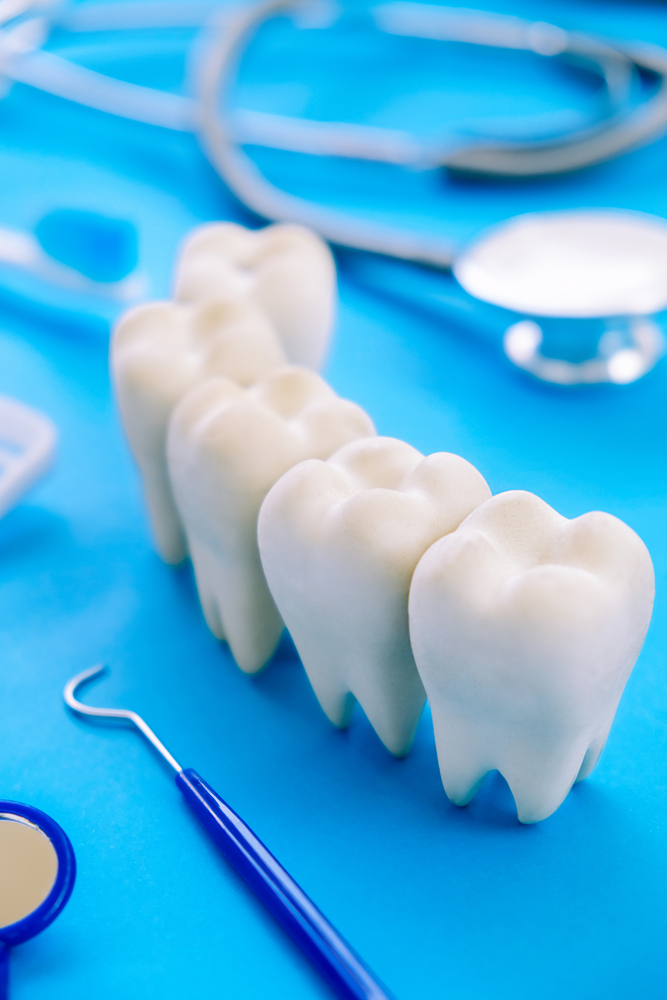Are Dental Implants Right for You?

Published on November 30, 2020
By
Whether it is one tooth or lots of your teeth that you have lost due to accident, decay, or other dental damage, missing teeth can make it difficult to bite, chew and even speak, as well as having a devastating effect on your self-esteem and confidence. Nevertheless, tooth loss is very common, with most people losing at least one natural tooth by the age of 35 and many more as they get older. As dentists, we are committed to helping you retain your natural teeth for as long as possible, but the good news is that if you do lose your teeth, they can be replaced.
Dental implants are one of the newest and arguably the most successful of all treatments that can restore the function of your teeth and the appearance of a healthy and natural smile.
What are dental implants?
Dental implants are a unique solution for restoring missing teeth in that they have a completely different design to other techniques and don’t rely on natural teeth for support. In fact, they are the only freestanding option available. Dental implants have three parts:
A titanium post. This is used to replace the natural root of the affected tooth. This post is permanently anchored in the jaw when the bone heals around it, securing it in place. It is inserted surgically, in a procedure carried out using a local anesthetic, often with sedation.
An abutment. This is a special connector used to attach the implant post to the bespoke, porcelain crown that sits on top of it.
A porcelain crown. This is the visible part of the dental implant and is created specifically in the shape, size, and color needed for it to look just like all of your natural teeth. In fact, it is so lifelike that people should find it impossible to tell it apart from the rest of your smile.
Dental implant technology can be used to replace a single tooth or an entire arch of missing teeth. For individual implants, a single post is used whereas larger devices such as implant-supported bridges or dentures require anywhere from two to eight implant posts.
Are dental implants right for you?
There are a number of things to consider when deciding if dental implants are the right tooth replacement option for you. Good candidates must meet a range of requirements including:
Good general health
Good oral health with no obvious outstanding dental work
No sign of gum disease, which is crucial since gum disease can threaten the success and long-term viability of dental implants
A non-smoker or willing to give up smoking, since smoking increases the risk of gum disease and can increase your risk of complications
They must also be committed to taking exceptionally good care of their teeth, brushing and flossing daily, and having regular check-up appointments.
Patients will also need to be assessed to ensure that they have enough viable, healthy bone. Without this, the implants may not heal properly and be unstable. If you have an insufficient healthy bone in your jaw, you may still be able to have implants but will first need a procedure known as bone grafting. This is where the bone is taken from another part of your body, or artificial bone is used, and then grafted onto the part of your jaw that requires regeneration. It takes several months for the procedure to be successful. After this, your implant posts should be able to be placed successfully.
If you would like to find out if dental implants are right for you, we’d be delighted to offer our advice and support. Please contact us today to schedule an appointment.


